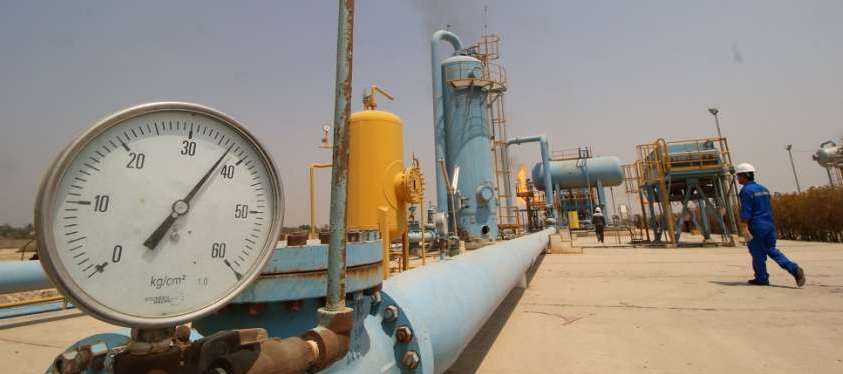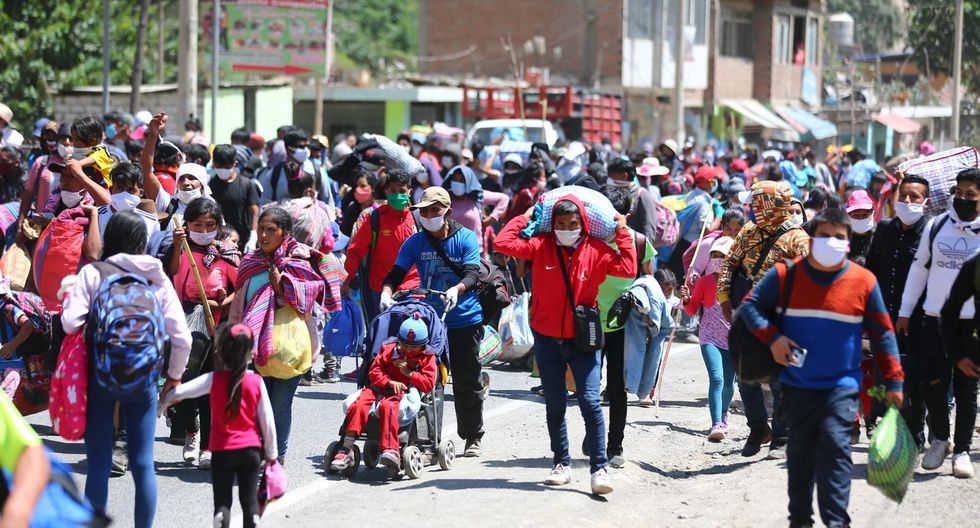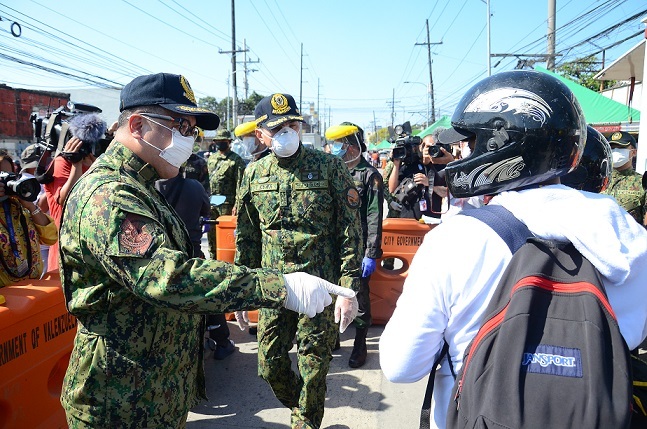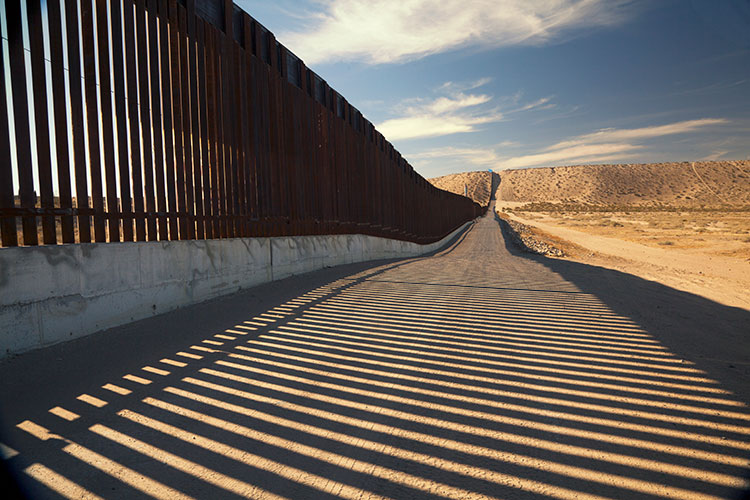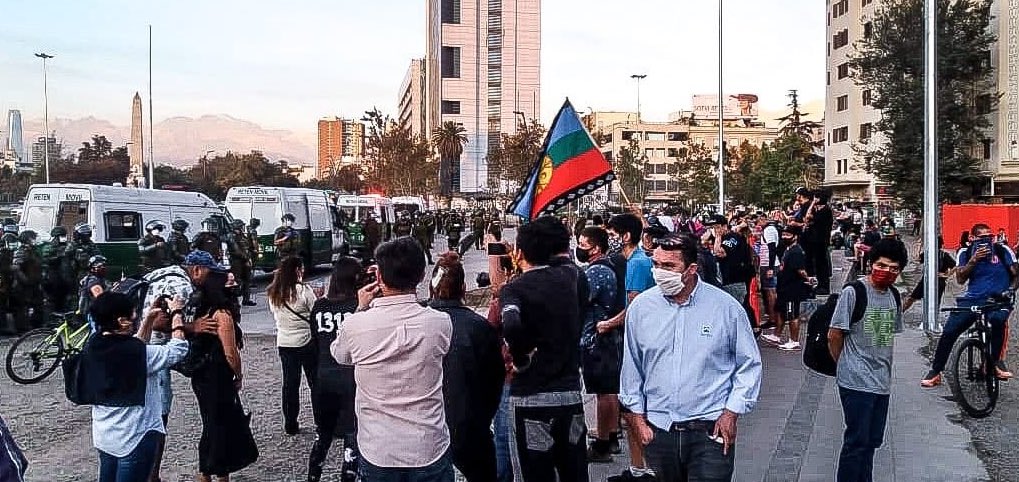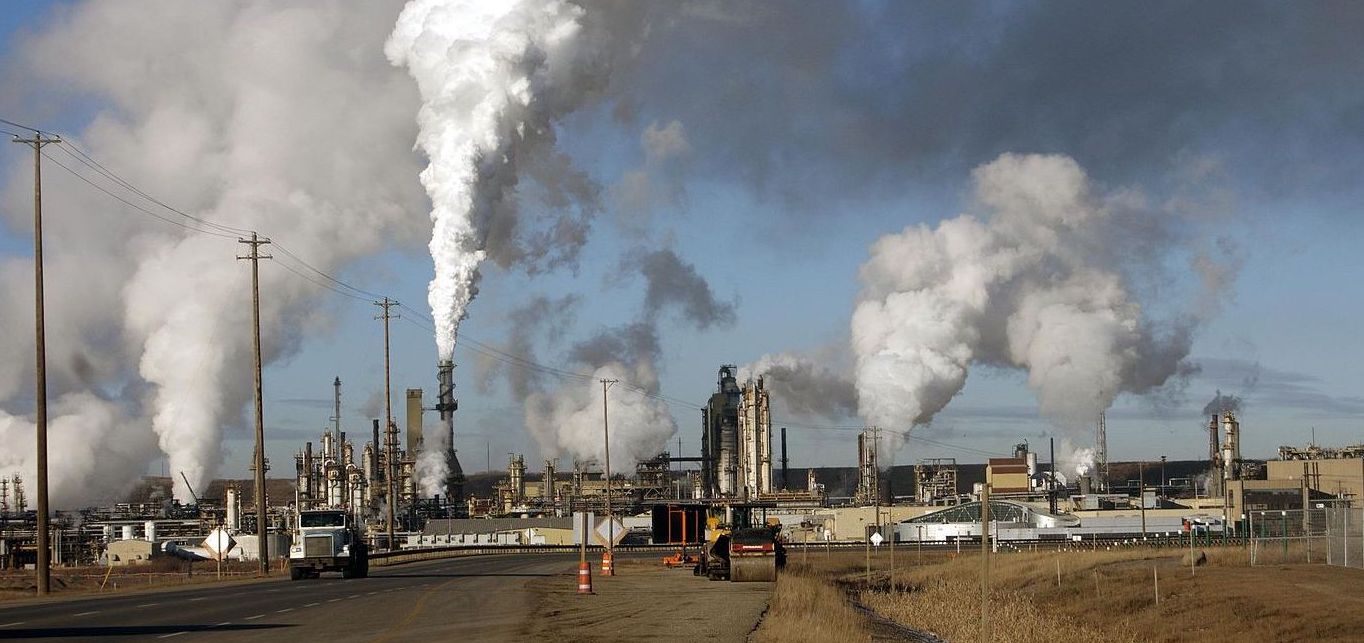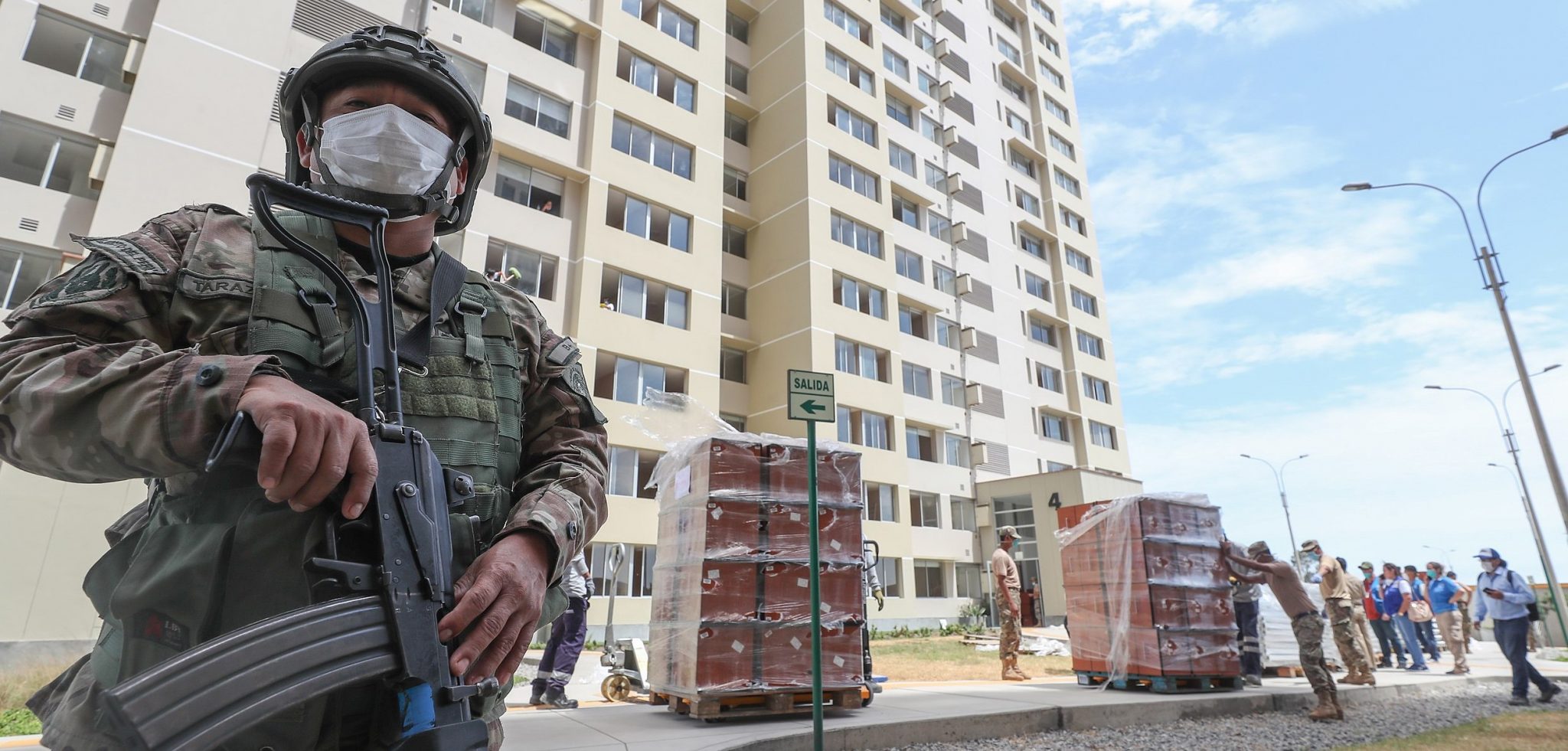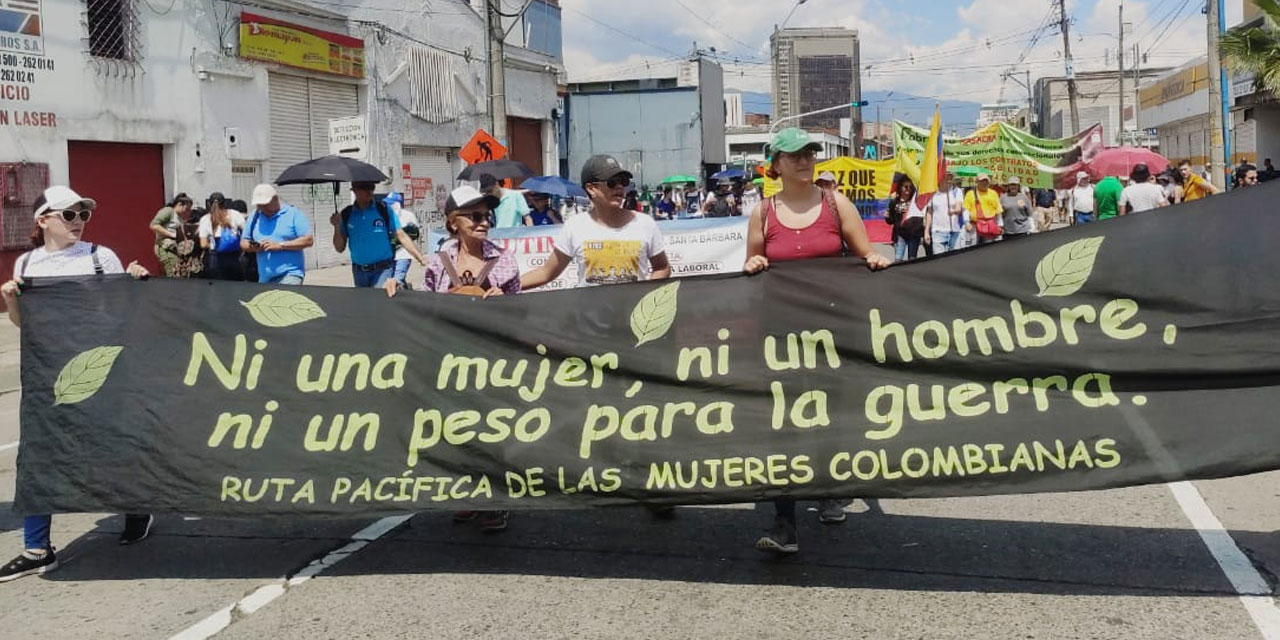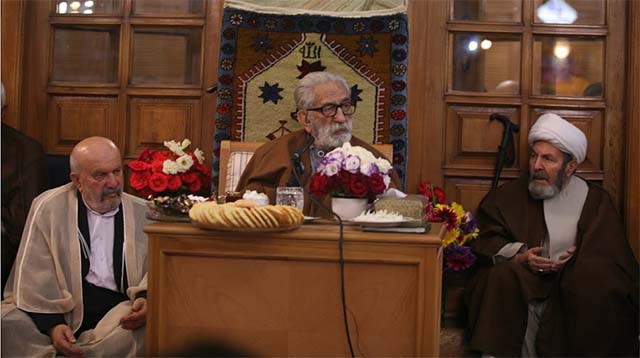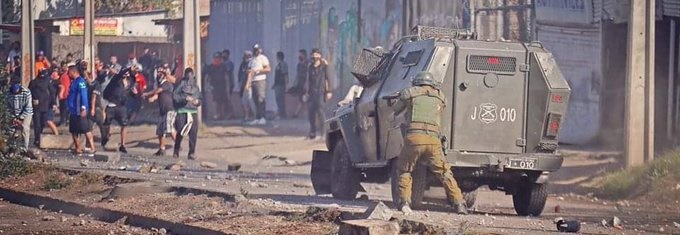
Protests erupt in Santiago, São Paulo
Protesters and riot police clashed on the outskirts of the Chilean capital Santiago, amid growing anger over food shortages during the lockdown imposed to halt the spread of COVID-19. Police deployed armored vehicles, water cannons and tear-gas to put down protests in the poor district of El Bosque. Residents blocked traffic and hurled stones at police in running clashes that lasted most of the day. Sporadic incidents were also reported in other parts of the city. Nightly pot-banging protests have been held for weeks in several neighborhoods, promoted under the hashtag #CacerolasContraElHambre—or, pot-banging against hunger. That same day, hundreds poured out of the favelas to fill the main streets of São Paulo, Brazil. In an audacious move, the favela residents marched on the state governor’s palace, demanding more support in the face of the lockdown. (Photo: Piensa Presna)



